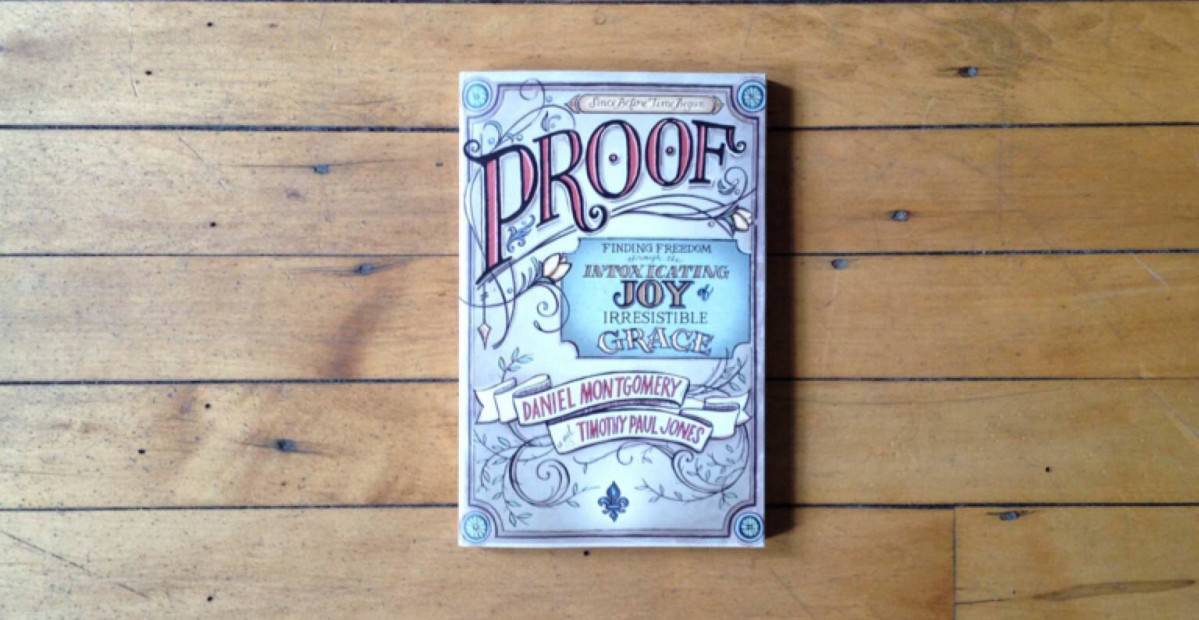By Garrick Bailey
The New Testament provides extensive witness to the oneness between Christ and Christians. According to Paul, this oneness, through the Holy Spirit, is the foundation for the unity of the church (Eph 4:1-6). Historically, this concept of oneness found predominantly in the writings of the apostles John and Paul has been called the doctrine of union with Christ. The concept prevailed in the Reformation era, but has garnered little attention in theological works until recent decades. The majority of current scholarship on union with Christ focuses on retrieving the theology of the reformers in the locus of soteriology. This is a worthy cause as John Calvin writes:
First, we must understand that as long as Christ remains outside of us, and we are separated from him, all that he has suffered and done for the salvation of the human race remains useless and of no value to us. Therefore, to share in what he has received from the Father, he had to become ours and to dwell within us . . . for, as I have said, all that he possesses is nothing to us until we grow into one body with him.
John Murray believes, “Nothing is more central or basic than union and communion with Christ. . . . It is not simply a step in the application of redemption . . . it underlies every step of [it].”
This doctrine, however, has much to say in other areas of theology and life. Few modern works devote extended space or thought to the additional implications of our union with Christ. In her work, Found in Him, Elyse M. Fitzpatrick, explores the mystery of the incarnation and the believer’s union with Christ in order to call the reader out from the despair of a seemingly lonely and isolated existence and into the wonderful reality of our oneness with Christ. In Part One of the book, Fitzpatrick introduces the incarnation as proof positive that God has actively moved in love toward us in our natural born state of loneliness. In this act, Christ united himself to estranged humanity. This union serves as the basis for the believer’s union with Christ upon regeneration; which is to say it makes our fellowship with God possible once again. As John Newton wrote, humans are, in fact, lost; in the incarnation, however, God the Son “became man, becoming one with us so that we would not have to live in deep solitude any longer—and his action opens the door not only to deep communion with him but also with one another.” As Robert Letham writes, “now our humanity in Jesus Christ is in full and personal union with God, and so in union with Christ we are brought into union with God.”
For the rest of this review, click here.

